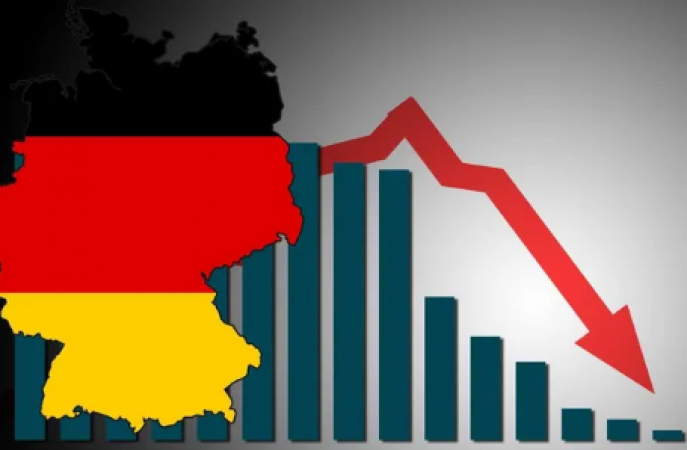
Berlin: Germany may experience a number of direct and indirect economic effects from the ongoing conflict between Russia and the Ukraine. The following are some ways that the war might affect the German economy:
1. Trade Disruptions: Germany is one of Ukraine's major trading partners, particularly in terms of machinery, vehicles, and chemicals. If the conflict escalates or leads to trade disruptions, it can affect German exports and imports with both Russia and Ukraine.
Disruptions in the supply chain, increased tariffs, or trade restrictions can harm German businesses and impact economic growth.
Also Read: Going to exchange 2,000 notes? Banks remain closed on these days
2. Energy Dependency: Germany relies on natural gas imports, and Russia is one of its main suppliers. If the conflict escalates and Russia reduces or disrupts natural gas supplies to Ukraine, it could potentially impact gas flows to Germany and other European countries. Energy shortages or price hikes can negatively affect German industries and consumers.
3. Investment and Confidence: Geopolitical tensions and the uncertainty surrounding the conflict can impact investor confidence and foreign direct investment (FDI) flows. Investors may become cautious about investing in the region, including Germany, due to concerns about stability and economic risks. This can slow down economic growth and reduce job opportunities.
Also Read: BoM tops PSU lenders chart in profit, loan growth in FY2023
4. Financial Markets: Significant geopolitical events can cause fluctuations in financial markets, including currency exchange rates, stock markets, and bond yields. Investors might seek safe havens or adjust their portfolios, which can lead to volatility and affect Germany's financial sector.
5. Sanctions and Counter-Sanctions: If the conflict intensifies, there is a possibility of economic sanctions being imposed on Russia by Western countries, including Germany. In response, Russia may implement counter-sanctions, affecting German businesses operating in the Russian market. These sanctions can disrupt trade, hamper investment, and impact German companies' profitability.
Also Read: Signs of Pvt sector investment cycle unfolding: CEA Nageswaran
6. Humanitarian and Refugee Costs: In the event of a protracted conflict and a large-scale humanitarian crisis, Germany could face increased costs related to providing aid and support to displaced people and refugees. This can strain public resources and impact government budgets.
It is significant to note that the length, severity, and outcome of the conflict, as well as the reaction of the international community, can all affect the economic impact of the Russia-Ukraine conflict on Germany.